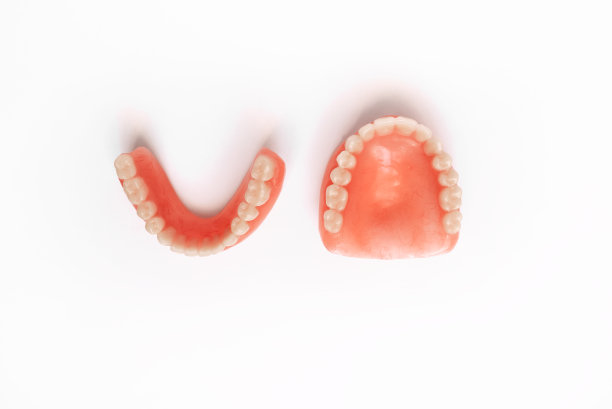Essential Precautions Every Patient Should Know Before Undergoing Dental Filling Procedures for Optimal Oral Health
Summary: Navigating dental filling procedures can be daunting, but being well-informed is crucial for optimal oral health. This article provides essential precautions every patient should consider before undergoing dental fillings. Focusing on understanding the procedure, preparing adequately, managing anxiety, and post-treatment care, we aim to equip patients with the knowledge needed to have a successful dental experience. By following these guidelines, patients can contribute to their oral health and ensure a smooth dental filling process.
1. Understanding the Procedure Beforehand

Before undergoing a dental filling procedure, it is vital for patients to have a clear understanding of what the process entails. Typically, it begins with a thorough examination by a dentist, who will assess the extent of decay and recommend the appropriate type of filling material. Common materials include amalgam, composite resin, and ceramics, each with its advantages and suitability based on the specific situation.
Patients should take the initiative to ask questions and clarify any uncertainties regarding the procedure. Knowing what to expect enhances comfort and reduces anxiety. For instance, understanding that the dentist will apply a local anesthetic to numb the area can alleviate concerns about pain during treatment.
Finally, patients are encouraged to seek information about potential risks and benefits associated with dental fillings. Discussing these factors with the dentist ensures informed consent and better prepares patients mentally and emotionally for the procedure.
2. Preparing Adequately for the Appointment
Preparation can significantly impact the outcome of dental filling procedures. First, patients should ensure they have a list of medications they are currently taking, including over-the-counter drugs and supplements. This information is crucial as certain medications can affect the procedure or recovery process.
Additionally, it is advisable to arrange for a friend or family member to accompany you to the appointment. After receiving dental fillings, some patients may experience temporary numbness or discomfort, making it unsafe to drive home alone. Having someone to assist you can also provide emotional support during the visit.
Another important preparation step is to avoid eating a heavy meal right before the appointment. This can help minimize discomfort and ensure patients feel their best during the procedure. A light snack may suffice, but its essential to follow the dentists advice on dietary restrictions leading up to the appointment.
3. Managing Anxiety and Stress Levels
Feeling anxious before a dental procedure is normal. However, patients can employ various techniques to manage their anxiety effectively. One helpful strategy is to practice deep breathing exercises. Taking slow, deep breaths can calm nerves and enhance relaxation before and during the appointment.
Moreover, discussing anxiety with the dentist is beneficial. Many dental practices now offer sedation options for nervous patients, ranging from mild sedatives to more profound sedation techniques. By discussing these options, patients can choose what is most appropriate for their comfort level.
Visualizing a positive outcome can also significantly shift a patient’s mindset. Incorporating mental imagery techniques, such as imagining a successful and pain-free experience, can help foster a sense of calm. Bringing along headphones to listen to calming music or an audiobook can further distract and reduce anxiety during the procedure.
4. Post-Treatment Care and Follow-Up
Post-treatment care is crucial for ensuring optimal healing and the longevity of dental fillings. After the procedure, patients should follow specific aftercare instructions provided by their dentist. This includes avoiding hard or sticky foods for at least 24 hours to allow the filling to set properly.
Monitoring for any unusual symptoms is essential. While some sensitivity to hot or cold food is normal, persistent discomfort or pain should be reported to the dentist promptly. Early intervention can prevent complications and maximize the effectiveness of the filling.
Finally, attending regular follow-up appointments is vital for maintaining oral health. These visits allow the dentist to monitor the status of the filling and the surrounding dental structures. They also enable the dentist to detect any new issues early, ensuring the continued success of the dental work done.
Summary:
Overall, understanding the dental filling procedure, adequately preparing for the appointment, managing anxiety, and following post-treatment care are essential precautions for every patient. These actions not only enhance the procedures efficiency but also contribute to optimal oral health in the long run.
This article is compiled by Vickong Dental and the content is for reference only.



